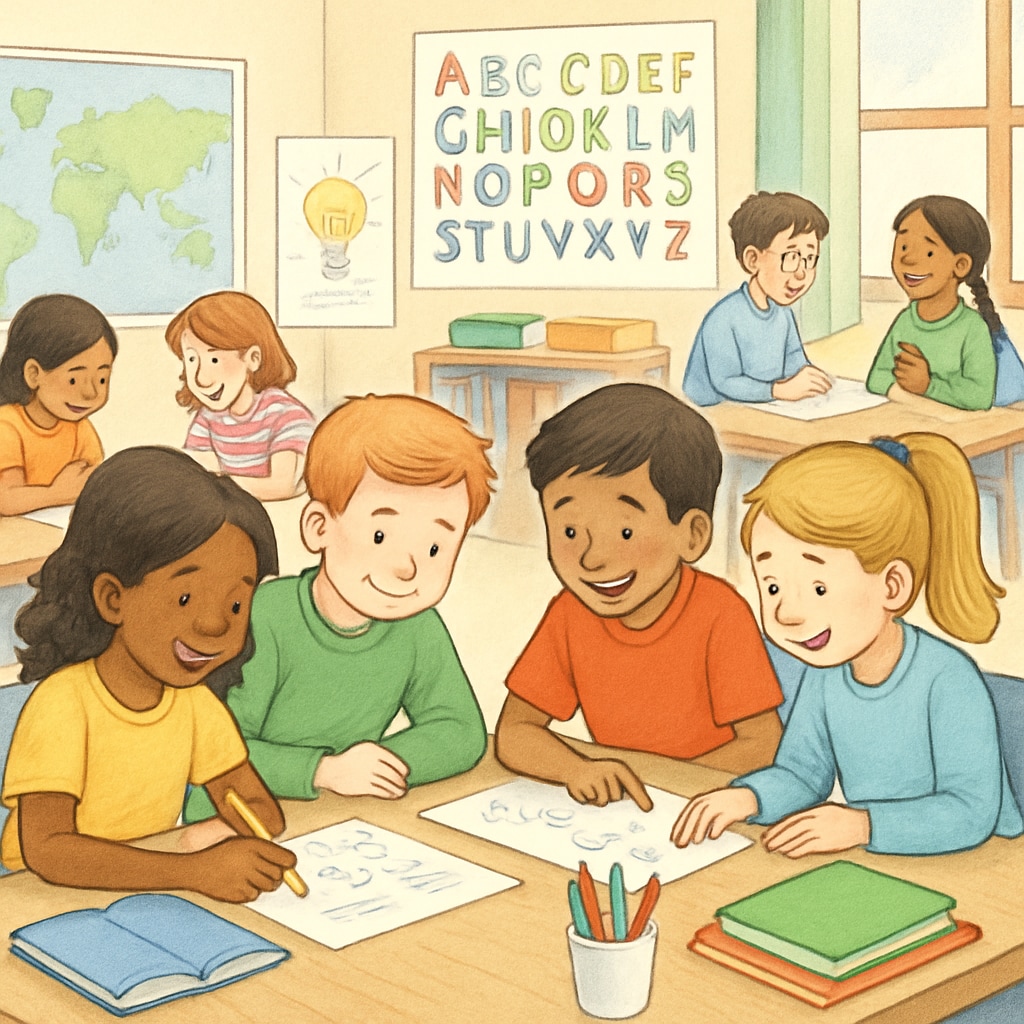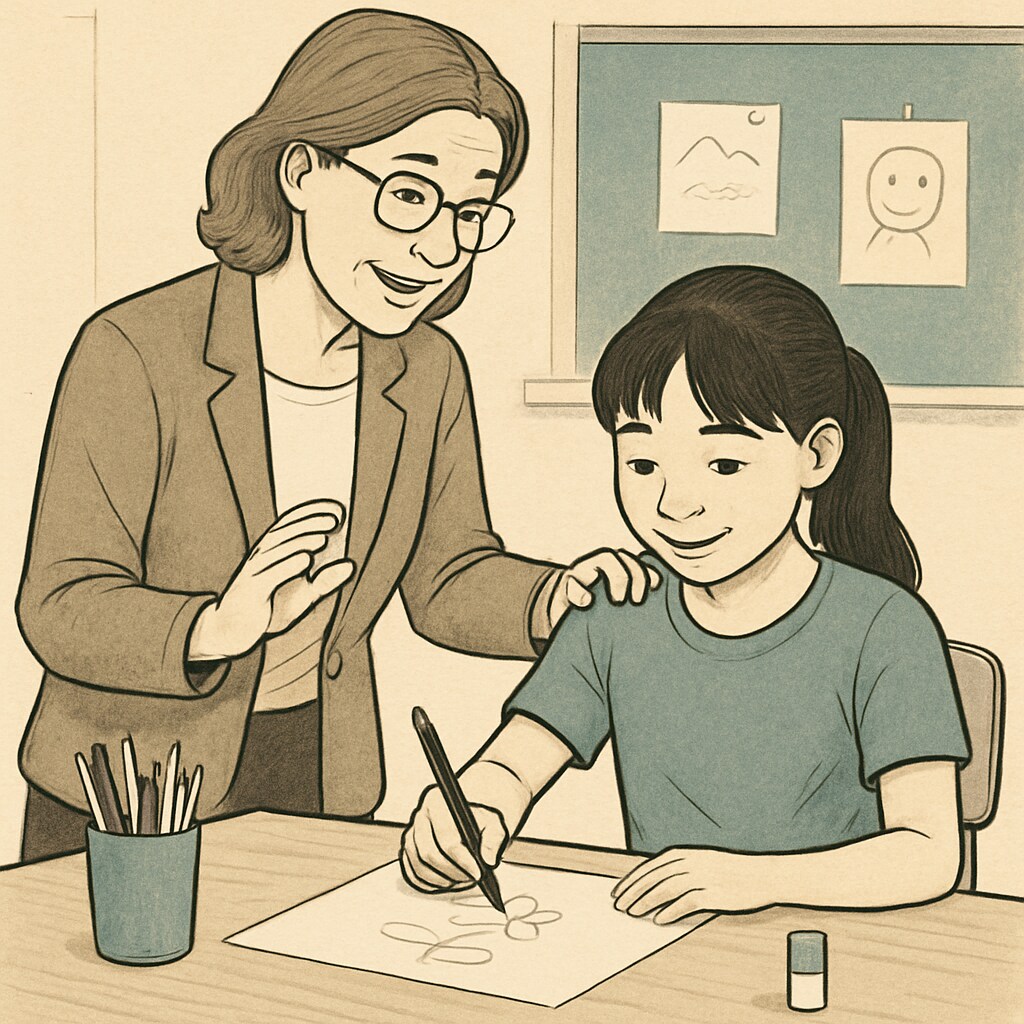The “Gifted” label in K12 education, often intended as a compliment or recognition of exceptional abilities, carries unintended consequences that impact both labeled students and their peers. While it acknowledges certain talents, this designation risks creating psychological pressure on those identified as “gifted” while simultaneously marginalizing others. It is crucial to reevaluate how we define and nurture talent in education to ensure a more balanced and inclusive approach.
The Double-Edged Sword of the “Gifted” Label
On the surface, labeling students as “gifted” may seem like a positive reinforcement of their capabilities. However, this tag often comes with hidden challenges. For the students identified, the “gifted” label can set unreasonably high expectations that lead to stress and anxiety. They may feel compelled to maintain exceptional performance at all costs, fearing the loss of their perceived identity if they falter.
Moreover, the label can constrain their growth by placing them in a rigid box of “giftedness.” Instead of being allowed to explore diverse interests and make mistakes, these students might feel obligated to excel only in their designated areas of strength. This can stifle creativity, curiosity, and the development of a well-rounded personality.
For students not labeled as “gifted,” the impact is equally significant. They may internalize feelings of inadequacy, believing their abilities are inferior simply because they were not selected. This division can lead to reduced self-esteem, disengagement from learning, and a sense of being undervalued within the educational system.

Psychological Pressure: A Hidden Cost of the “Gifted” Label
The psychological toll of the “gifted” label is profound. Research suggests that children identified as “gifted” often experience heightened levels of anxiety and perfectionism. They may feel an overwhelming need to live up to the expectations of teachers, peers, and parents. As a result, these students may avoid challenges or risks, fearing failure could tarnish their status.
Similarly, students not labeled as “gifted” may develop a fixed mindset, believing their abilities are limited and unchangeable. This perception can negatively impact their motivation to learn and grow. The dichotomy created by the “gifted” label reinforces a narrow definition of success, which is particularly harmful in a world that increasingly values diverse skills and perspectives.
To address these issues, educators and parents must adopt a growth mindset approach, emphasizing effort and progress over innate ability. This shift can help all students recognize their unique strengths and potential, regardless of whether they are labeled as “gifted.”

Rethinking Talent: Moving Beyond Labels
Instead of relying on labels like “gifted,” educators should focus on creating an environment where every student’s unique talents are recognized and nurtured. This requires a shift from categorizing students based on perceived ability to fostering an inclusive atmosphere that celebrates diverse skills and interests.
Some strategies to achieve this include:
- Implementing differentiated instruction to address varying learning styles and paces.
- Encouraging collaborative projects that allow students to contribute their strengths while learning from others.
- Providing opportunities for all students to explore new areas of interest without fear of failure.
- Reducing the emphasis on standardized testing as the primary measure of ability.
By adopting these practices, educators can minimize the negative effects of labeling and create a more equitable learning environment. This approach not only benefits students but also prepares them for a world that values adaptability, teamwork, and lifelong learning.
Conclusion: A Call to Reevaluate Educational Practices
The “gifted” label, while well-intentioned, can have far-reaching consequences for students both inside and outside its scope. By reinforcing psychological pressure and fostering exclusion, it undermines the broader goal of education: to help every child realize their full potential. It’s time to move beyond simplistic labels and embrace a more holistic understanding of talent and growth.
Educators and parents must work together to create a system that values effort, curiosity, and individuality over rigid definitions of success. Only then can we truly unlock the potential of every student, ensuring that no one is left behind in their educational journey.
Readability guidance: This article uses accessible language, short paragraphs, and clear transitions to enhance readability. Key points are summarized in lists, and over-reliance on passive voice is avoided.


